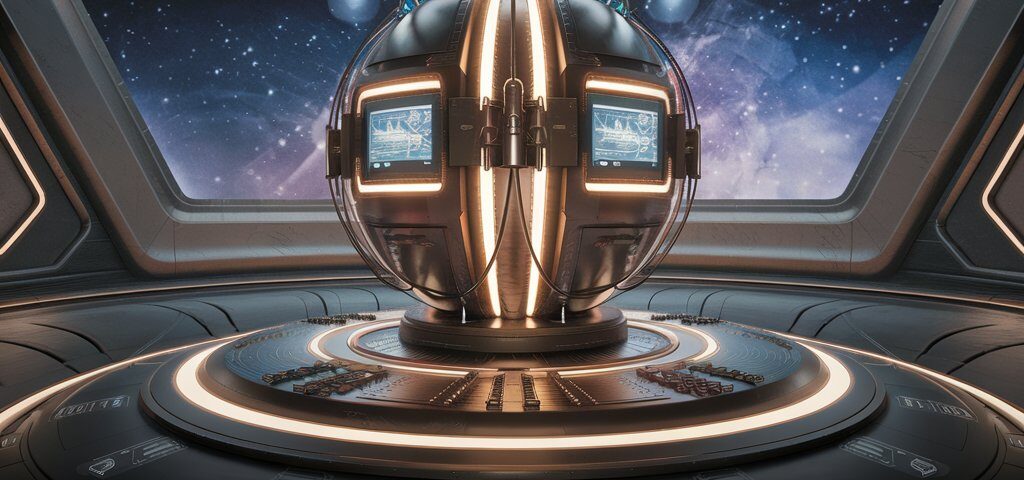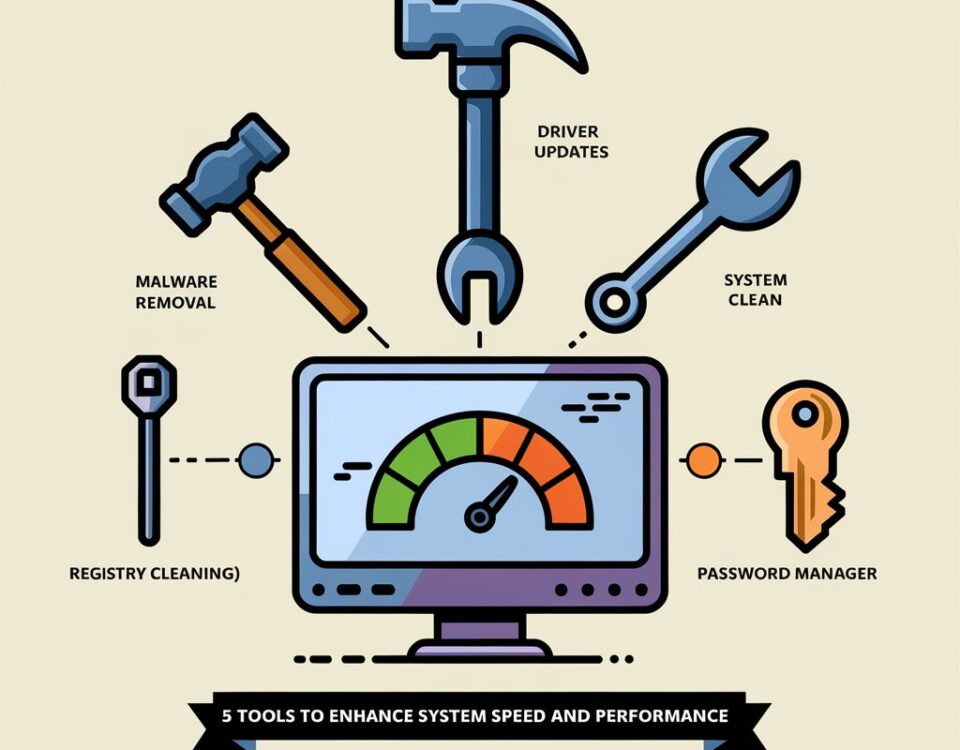
7 Signs That Suggest Aliens Might Exist
February 17, 2025
5 Common Mistakes to Avoid When Using Elementor
February 26, 2025The concept of time travel has fascinated humanity for centuries. From ancient myths to modern science fiction, the idea of traveling through time has captured the imagination of people across the world. With advancements in science and technology, the question arises: Can technology advance enough to create a time machine?
In this article, we will explore the possibilities of time travel, examine the scientific principles that might make it possible, and discuss the technological challenges that still exist.
What Is a Time Machine?
A time machine is a theoretical device that allows a person or object to travel through time. The idea was made famous by H.G. Wells’ classic novel, The Time Machine. In the book, the protagonist uses a machine to travel to the future and the past. While time travel is still a concept found in fiction, some scientific theories suggest that it could be possible under the right conditions.
The Science of Time Travel
To understand whether time travel is possible, it is important to first look at the science behind it. Time travel is often discussed in the context of Einstein’s theory of relativity. According to relativity, time is not constant. It can be affected by factors such as gravity and speed.
Time Dilation and the Speed of Light
One of the most important principles when discussing time travel is time dilation. Time dilation occurs when an object moves at a very high speed, approaching the speed of light. According to Einstein’s special theory of relativity, as an object moves closer to the speed of light, time slows down for that object compared to those who are not moving at such speeds. This has been demonstrated in experiments with particles moving near the speed of light.
In theory, if a spaceship could travel close enough to the speed of light, time would slow down for the people aboard the spacecraft. When they returned to Earth, they would have aged only a short time, while many years might have passed on Earth. This form of time travel is known as time dilation and could allow people to travel into the future.
Wormholes: A Shortcut Through Time and Space
Another theoretical concept related to time travel is the idea of wormholes. A wormhole is a tunnel-like structure that connects two distant points in space and time. If wormholes exist, they could act as shortcuts, allowing for faster-than-light travel. This means that time travel might be possible by entering a wormhole and emerging at a different point in time.
However, wormholes are purely theoretical at this point. While general relativity allows for the existence of wormholes, no experimental evidence has been found to prove their existence. Creating a stable wormhole, if it is even possible, would likely require vast amounts of energy and advanced technology that we currently do not possess.
The Challenges of Creating a Time Machine
Even if time travel is theoretically possible, there are significant challenges to creating a working time machine. These challenges fall into two categories: technical difficulties and theoretical limits.
The Energy Requirements
One of the biggest challenges is the amount of energy required for time travel. According to scientists, traveling at the speed of light or creating a stable wormhole would require an enormous amount of energy—far beyond anything we can currently generate. For example, some theories suggest that creating a wormhole might require the energy equivalent of several stars.
The technological advancements needed to generate such energy are far beyond our current capabilities. Until we can discover new ways to harness and manage energy, creating a time machine remains a distant dream.
The Grandfather Paradox
Another challenge comes from the grandfather paradox. This is a famous paradox in which a person travels back in time and prevents their own grandfather from meeting their grandmother. If the grandfather never has children, the time traveler would never be born. This creates a logical contradiction, as the time traveler’s existence depends on their past actions.
Various theories, including the idea of parallel universes or timelines, have been proposed to resolve this paradox. However, these ideas remain speculative and have not been proven. The existence of time travel may bring unforeseen consequences that we are unable to predict.
Will Technology Ever Create a Time Machine?
The question of whether technology can ever advance enough to create a time machine remains open. While scientific theories suggest that time travel could be possible, we are still far from being able to build a practical device. The energy requirements, theoretical challenges, and lack of experimental evidence make time travel a difficult goal to achieve.
However, advancements in technology are occurring at an unprecedented rate. We have already seen major breakthroughs in fields like quantum mechanics, space exploration, and artificial intelligence. As science progresses, new discoveries may open the door to time travel in ways we cannot yet imagine.
Conclusion
In conclusion, can technology advance enough to create a time machine? The possibility remains an open question. While the science of time dilation and wormholes suggests that time travel could be theoretically possible, we are still far from building a functional time machine. The challenges are enormous, but technology continues to advance. The future may hold surprises that we cannot predict, and time travel, once a concept of fiction, might one day become a reality.
For now, the idea of traveling through time remains a fascinating and thought-provoking subject of research and imagination. Whether or not we can create a time machine, the pursuit of understanding time and space will continue to inspire and challenge humanity.




